Today, Estonia is the most prosperous country in the entire Baltic. Even the average salary calculation this year significantly exceeds this indicator in relation to neighboring Lithuania and Latvia, and is also slightly higher than the corresponding values in Croatia and the Czech Republic. Moreover, the territorial position next to the Russian Federation contributes to the fact that Russians often ask themselves: how to obtain Estonian citizenship? So, today not only temporary labor migrants come to the country in question, but also neighbors. By the way, there are many who want to get an Estonian passport also among Belarusians and Ukrainians. What is the best way to move to Estonia? How to apply for dual citizenship: Russia and Estonia? How complicated is the process itself? You can find answers to these and other questions during the course of reading this article.
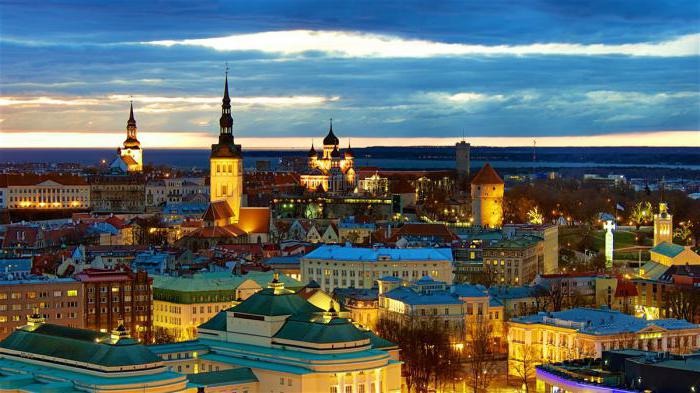
Why is moving to Estonia relevant today?
As noted above, obtaining citizenship (Estonia) today is very important not only among Russians, but also in relation to citizens of other countries. The fact is that immigration to this area for permanent residence carries a number of advantages, among which:
- Estonia joining the EU. So, automatically, the corresponding citizen has the opportunity of absolutely free movement in the Schengen countries, in addition, a visa-free regime is relevant in relation to many other world states.
- The possibility of opening equal access to employment directly in Estonia and absolutely any other country in the European Union, along with local inhabitants and Europeans, respectively. In addition, Estonian citizenship gives an individual the right to open his own enterprise using a simplified mechanism.
- The opportunity to receive a high-quality education in one of the higher educational institutions of Estonia, as well as a chance to enter any prestigious university in Europe in accordance with preferential terms.
Of course, one can endlessly enumerate the main advantages of an Estonian passport and, in particular, the advantages of moving to this country. By the way, obtaining citizenship of Estonia for Russians is not so difficult. This is fully proved by the fact that thirty percent of local inhabitants are Russian-speaking citizens. By the way, in the country under consideration, the market type of economy is well developed, which is also important, a favorable climate for running your own business and unconditional progress in the field of information technology. Estonia is also distinguished by its beautiful nature, but it is better to consider, of course, the practical side of the issue. How to get Estonian citizenship for Russians, Ukrainians and other foreigners in the current 2017?
Methods of obtaining citizenship in Estonia
As you know, the citizenship of any country is a legal relationship directly between a citizen and the state. So, it implies, in respect of two parties, the fulfillment of certain duties and, of course, the existence of certain rights. Estonian citizenship indicates the impossibility of the citizenship of another country. However, you cannot deprive anyone of citizenship if the individual is endowed with it in connection with his own birth. This situation describes dual citizenship in Estonia. Today, some points do not lose relevance in relation to the state in question. Among them are the following provisions:
- Estonian citizenship by blood implies that one whose citizens (or one of them) are Estonian citizens is classified as a citizen.
- Citizenship is often issued in the order of naturalization.
- It happens that citizenship is restored to an individual who has lost it while still a child under the age of majority.
- Estonian citizenship is lost due to deprivation or acceptance of the citizenship of another country.
It is important to add that the newborn has the right to citizenship of two countries at once if his parents are from different states.

Citizenship Request
Since the Russian Federation borders on Estonia, today there are many Russians who want to immigrate. Obtaining citizenship (Estonia) is possible in the following cases:
- A foreigner must be over fifteen years old.
- He needs to have a permanent residence permit on a long-term basis or a permanent residence permit (permanent type of residence permit). An important nuance is that only those who settled there before 07/01/1990 can obtain Estonian citizenship.
- A foreigner must reside before he or she decides to file an application in Estonia on the basis of an appropriate right of residence or residence permit for at least eight years. In addition, the last five years of residence in this case must be permanent. In addition, a foreigner must stay in the country for six months from the moment the application was registered.
- It is mandatory for a foreigner to pass an Estonian language proficiency test. It is important to note that Estonian citizenship will be relevant for Russians and residents of other countries even when the basic education (whether secondary or higher) is obtained in Estonian.
- A foreigner needs to pass an exam regarding the law on appropriate citizenship and the key law of the country (constitution).
- A foreigner who wants to obtain Estonian citizenship needs to have a legal income on an ongoing basis, which will be sufficient for his own maintenance and support for his wards.
- A foreigner must be registered at his place of residence in Estonia.
- He needs to be absolutely loyal to the state of Estonia.
- The Estonian Citizenship and Migration Board concluded that a foreigner who wishes to obtain an appropriate citizenship must swear the following oath: "When applying for Estonian citizenship, I swear to be faithful to the constitutional order of Estonia."
It is important to add that there is no need to pass exams for individuals whose legal capacity is limited for certain reasons. The final stage of the petition, when all of the above points are met, a potential Estonian citizen must contact the migration and citizenship bureau of the local prefecture and, accordingly, submit application and other necessary types of documentation. By the way, the biography and application are usually made on the spot with the help of an official.
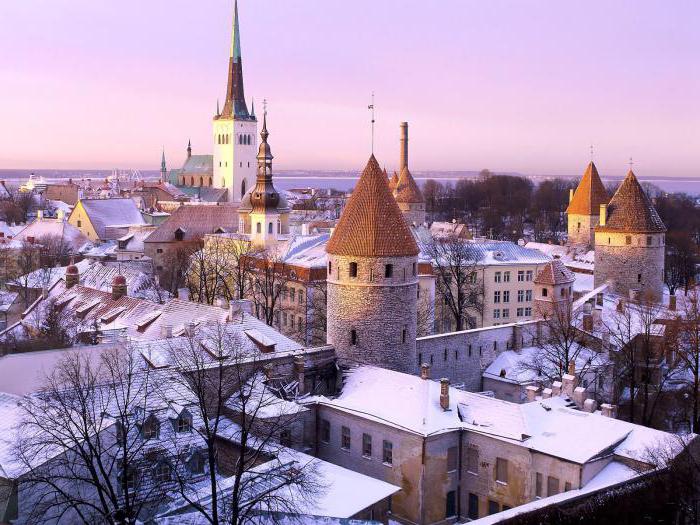
Required Documentation
As it turned out, citizenship of Russia and Estonia can be obtained by birth. In other cases, you must renounce your previous citizenship and submit the following documents to the appropriate state authority in Estonia:
- A written application (as a rule, an official of the Department of Citizenship and Migration helps in this).
- A document that certifies both identity and citizenship (personal passport).
- Own biography, which, if necessary, is also helped by an official.
- Documentation of education, as well as previous workplaces (diploma and work book).
- Help confirming the legality of income.
- Certificate of Estonian proficiency or a document that confirms the receipt of education (no matter secondary or higher) in Estonian.It is important to add that this procedure is called the electronic citizenship of Estonia. So, the presence (absence) of a certificate in electronic form is checked through a state portal.
- The decision of the judiciary on the appointment of guardianship if the petition is for the provision of Estonian citizenship to an individual with limited legal capacity.
- Color photo, the dimensions of which are 40 by 50 millimeters.
- Documentation confirming the payment of state duty.
After resolving the issue of granting Estonian citizenship by the government, the Police and Border Guard Board is required to notify the applicant by letter. Only after this, the second has the opportunity to ask for a passport of a citizen of the Estonian state, as well as an ID card.

Application for citizenship for a child under the age of fifteen
As it turned out, citizenship of the Russian Federation and Estonia, as a rule, is granted from the moment of birth of the individual (this provision applies to other countries), and the approval of the provision of Estonian citizenship is usually carried out in relation to persons who are already fifteen years old. So, they are entitled to request citizenship of a child up to this age:
- Parents who received Estonian citizenship immediately after the birth of the baby (in addition, it is also necessary to include a single parent or one parent who has entered into an agreement with another).
- Establishment of guardianship and trusteeship, as well as the guardian of a child who has Estonian citizenship, in the event that the death of the parents or their disappearance was recorded. In addition, persons deprived of parental rights, as well as those whose capacity is limited, also belong to such categories.
- Parents (or one of them, subject to the consent of the second, as well as a single parent), who simultaneously apply for Estonian citizenship for themselves.
- Parents (or single parents) who are not endowed with citizenship of any state, provided that they have lived in Estonia for at least five years.
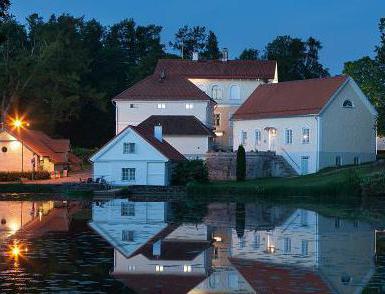
Related Documentation
How to get Estonian citizenship for a fifteen-year-old child? All current conditions to date are detailed above. It remains only to list the documents accompanying the successful process:
- Written statement.
- Color photo, the dimensions of which are 40 by 50 millimeters.
- Child's birth certificate, which is provided at the request of the parents.
- Parent Identity Documentation. It is important to note that for persons not endowed with Estonian citizenship, a residence permit is required).
In addition to the mandatory documentation, in special cases, related paper should be submitted to the relevant Estonian body if:
- Estonian citizenship is relevant only for one of the parents. In this case, it is necessary to provide a written agreement, which is fixed between the parents and, accordingly, sealed by their signatures.
- The petition is submitted by the parent raising the child alone. Then you should provide documentation that confirms this fact.
- The petition is filed directly by the guardian. In this kind of situation, it is necessary to submit a paper on the appointment of guardianship.
- The child is endowed with the citizenship of another state. In such circumstances, documentation should be provided on his further release from existing citizenship due to the receipt of a new one.
The final chord of this issue is the notification filed by a letter from the Department of Police and Border Guard of the corresponding sample. Only after this, the persons responsible for the child have the right to apply for the second Estonian passport and, of course, an ID card.
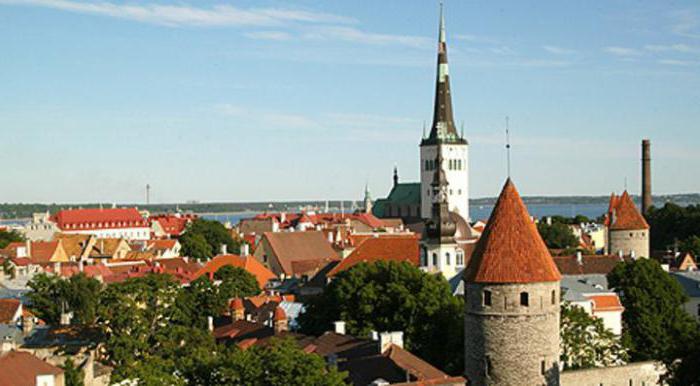
Citizenship and Migration (Estonia)
This chapter deals directly with the process of restoring citizenship of an Estonian state, the first step of which is to submit a written application. It is important to add that every individual who has lost his or her citizenship as a minor has the right to an appropriate operation for various reasons. By the way, the person applying for the restoration of citizenship is obliged to permanently reside in Estonia, as well as to be exempted from irrelevant citizenship or to prove the fact of being released from his current citizenship in the future due to the restoration of Estonian citizenship.
Thus, for the implementation of the restoration procedure, it is necessary to provide the following documentation to the appropriate state body:
- A written statement, which, as a rule, helps to fill out an official.
- Color photo, the size of which is 40 by 50 millimeters.
- Identity documents of the applicant, as well as his citizenship. It is important that a residence permit in Estonia must be entered in these documents.
- Documentation confirming the loss of Estonian citizenship.
- Documentation on the payment of state duty.
After resolving the problem, the Police and Border Guard Board must notify the applicant by writing a letter. Only after that the individual has the opportunity to ask the relevant state authorities for a passport, as well as an ID card.
Procedure for exemption from Estonian citizenship
As it turned out, today the relevance of the procedure for obtaining Estonian citizenship is off scale. However, there is also an exemption from Estonian citizenship. So, an individual who has expressed a desire to renounce the citizenship of a given country must submit a written application, as well as other necessary documentation, to the Bureau of Migration and Citizenship or to the foreign government of the Republic of Estonia (when living abroad on permanent conditions). It is important to supplement: as in the case of receipt, an application for exemption from Estonian citizenship in respect of persons under fifteen years of age or adult individuals with limited legal capacity is submitted by their parents, guardians or institutions of guardianship and trusteeship. By the way, a child aged 15 to 18 years old makes an application exclusively with the consent of his own parent, guardian or guardianship institution, which must be certified.
Related Documents
The procedure for exemption from Estonian citizenship is accompanied by the following documentation:
- Written statement. It is important to add that it can be issued in a free form. However, a prerequisite for writing it is to indicate the name, surname, date and place of birth, place of residence, citizenship, the receipt of which is directly requested by the applicant, as well as a document certifying the signature.
- Passport.
- Certificate of possession of the citizenship of another state or of exemption from Estonian citizenship in the event of another.
- A document confirming the operation to pay the state fee.
After the issue of exemption from Estonian citizenship is resolved through government bodies, a written notice is issued which is issued by the migration and citizenship bureau or by the Estonian foreign government if the applicant resides abroad after the applicant has returned the relevant identification card.
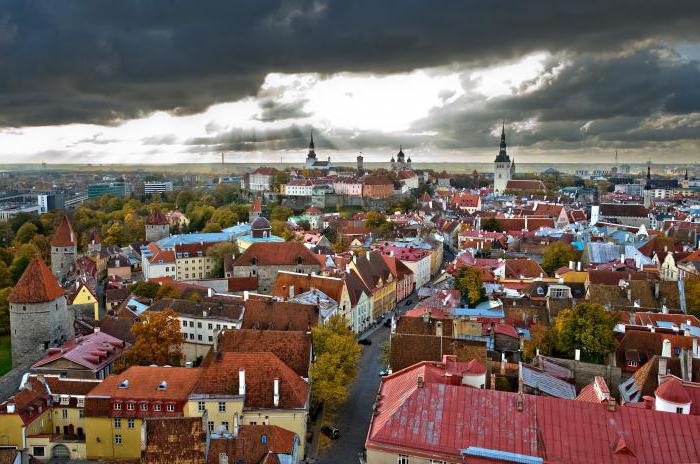
When is exemption from citizenship excluded?
It is important to recall the points according to which an individual may not be freed from Estonian citizenship. In this case, the following points are relevant:
- A person is not exempted from citizenship if, as a result, he remains completely without citizenship of any state.
- An individual cannot be released from citizenship if he has not fulfilled proper obligations to the state of Estonia.
- A person shall not be exempted from Estonian citizenship if he is in the current service in the Defense Forces.
In conclusion, it should be noted that each person has the right to independently decide their own destiny. Moving to a permanent residence in Estonia is a great chance to improve your life. There is nothing complicated in the collection and execution of relevant documents. The main thing is to carefully, step by step, study all the requirements of a state whose citizenship there is a desire to obtain, and also weigh the pros and cons of such a decision.